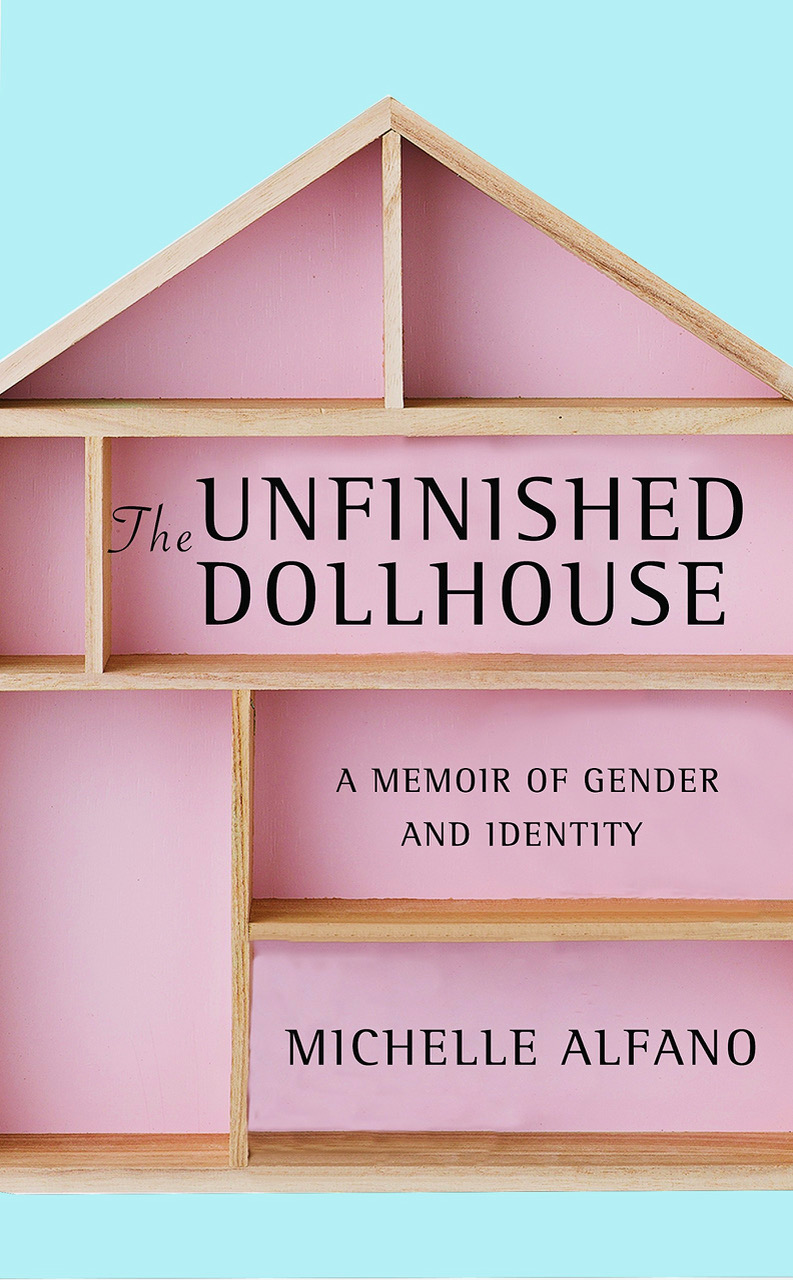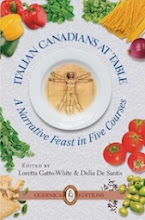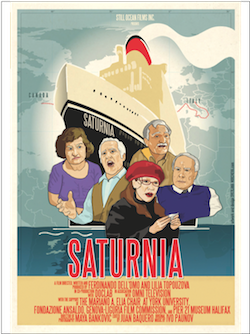 The Edible Woman
The Edible Woman by Margaret Atwood (McClelland & Stewart, 1969) 281 pp.
This book was one of the selections made by my book club. I groaned inwardly when it was suggested. Why is a bit of a mystery to me. I think
Atwood is a great writer but I have not read her work in a number of years. I've talked a bit about this block that writers seem to have about Atwood in a
previous blog. I think the last Atwood book I had read was
Alias Grace, a piece of historical fiction which I loved.
I am at least astute enough to realize that the book is meant to be comic; however, its humour eluded me somewhat. I will say that it does now have bit of a dated feel to it.
Marian, the 20-something post-grad protagonist, seems poised between two contradictory worlds: the repressed 50s morality of her workplace colleagues at Seymour Surveys where her three colleagues are prissy virgins (which she is most definitely not) and her amoral roommate Ainsley who, a true libertine of the late 1960s, schemes to seduce Len, one of Marian's friends, as a potential father for her yet-to-be-born child.
But neither is she like her other friend, the perpetually pregnant Clara, who lives in cheerful squalor with her three children, all babies or toddlers, and husband Joe. Clara seems diminished, or spent, by the ordeal of having three babies in such close succession with her graduate school dreams behind her.
I don't want to make the mistake of assuming that Marian's views were Atwood's views at the time of the writing of this book. But Atwood was
born in 1939 and she would have been 30 when this book was published. She was perhaps experiencing some of the trepidations and anxiety that Marian felt. The fear of commitment to one person for the rest of one's life in marriage, the sense that a married woman/mother was this alien element whom she could not relate to, was also familiar to me when I was that age.
I admit that I have felt these emotions too but reading them expressed here and after years of trying to conceive a second child leave me cold and a bit angry in reading them (an emotional, irrational response I admit - why should I care if a woman expresses distaste about marriage and/or pregnancy? It's her choice).
Marian's language about her friend Clara's pregnancies is so filled with fear and disgust (she refers to her "tuberous", "swollen" body) that it alarms me somewhat. Was I, too, that shallow and stupid? Oh yes dear reader. I was filled with dread, at one time, at the prospect of pregnancy; I did fear it. I did look at pregnant women as if they were an alien species and asked myself how could they do it, why did they do it? It shames me now to think of it.
The book seems to suggest a young girl's sometime repugnance with the female body as it matures, its fecundity and fleshy expanse. Hence, this passage about her work colleagues:
" ... they all wore dresses for the mature figure. They were ripe, some rapidly becoming overripe, some already beginning to shrivel; she thought of them as attached by stems at the top of their heads to an invisible vine, hanging there in various stages of growth and decay ..."
The women's bodies were, she thought, "a liquid amorphous other" which she can barely stand to contemplate.
Marian's fiance Peter, a previously marriage-phobic overaged frat boy, is an uptight, sexist jerk (don't hold back Lit Chick, tell us what you
really think). One wonders what the attraction is for Marian. His safeness? Middle class predictability perhaps?
And yet to my mind Marian is
also inexplicably drawn to the gangly, extremely odd Duncan whom she encounters during one of her interviews for Seymour Surveys. The character is so strange, so pathetic, it boggles the mind as to why Marian is attracted to him with his extraordinarily strange habits (i.e. his compulsive ironing, his obsession with mummies at the
ROM) and his overly educated, if useless, psychological speculations about himself and his roommates unless it is
because he is offbeat and serves as a foil to Peter's controlling
WASPish snobbery.
Around the time that Ainsley is successful in becoming pregnant, oddly enough, Marian experiences a distaste for, firstly, meat, then eggs and a host of other things (is this a rejection of rampant consumerism? rejection of middle class sustenance and propriety?) until she is unable to eat anything.
She begins to cast a more critical eye at Peter and her life. She seems to deliberately want to sabotage her future by inviting Peter to meet Clara and Joe at dinner, flirts increasingly with Duncan at various trysts, has dinner with him and his overprotective roommates whom Duncan describes as his "parents".
There is a telling passage during that dinner where one of the roommates talks about a thesis on
Alice in Wonderland and you, as the reader, begin to have a sneaking suspicion that this is Atwood's slightly skewed version of that tale. Marian is a modern day Alice at a
Mad Hatter's party with Duncan and roommates Trevor and Fish as the other party goers.
There is a beautifully written scene where Marian is staring into a mirror and looking at two dolls on either side of the mirror, one dark haired, one light haired. She starts to imagine what they think of her, that they are staring at her. The blonde is is merely "staring" but she comes to think that the dark one is probing into her mind and seeing into her. You begin to realize that Marian is possibly going mad; hence, her eating problems and general nervousness.
The day approaches for a crucial party with Peter's friends where Marian will formally be presented as his fiancee. In a fit of anxiety, Marian invites all of her friends who are sure to upset Peter and his circle: the prissy virgins, the pregnant Ainsley, Duncan and his roommates, Clara and Joe ... even the unfortunate Len shows up and promptly creates a scene.
This is, the reader thinks, the supposed
denouement and a flat one it is with Marian literally running from Peter, his camera in hand, taking photographs of the party goers and alarming the skittish Marian who flees, looking for Duncan at the local laundromat (don't ask - another one of his peculiarities). Eventually, they listlessly wander the city looking for a motel to consummate their relationship...
oh the comedy!But, finally, when I read the last ten or so pages I got it. Marian was a consumable product to be used, and used up by Peter, by Duncan, by her employer, by society. Yet she turns the tables on them and no one is able to possess her or consume her. And in her final act of rebellion she releases herself from this spell which has prevented her from eating, from living, from moving forward. She breaks free from all of them.
And now I see how Peggy made her bones among the
literati ... and became the high priestess of
Can Lit.
 I am an anomaly, an aberration. I am singular and unusual in that I am of Italian descent and yet do not conversely easily in Italian. I am rather ashamed of this. Both of my younger siblings are proficient. Their Italian speech is ... mellifluous. Yes, mellifluous. My speech, alas, is not.
I am an anomaly, an aberration. I am singular and unusual in that I am of Italian descent and yet do not conversely easily in Italian. I am rather ashamed of this. Both of my younger siblings are proficient. Their Italian speech is ... mellifluous. Yes, mellifluous. My speech, alas, is not.













